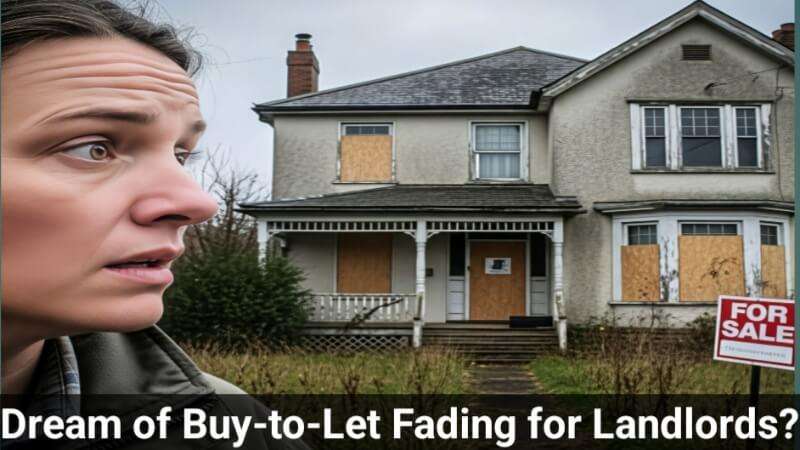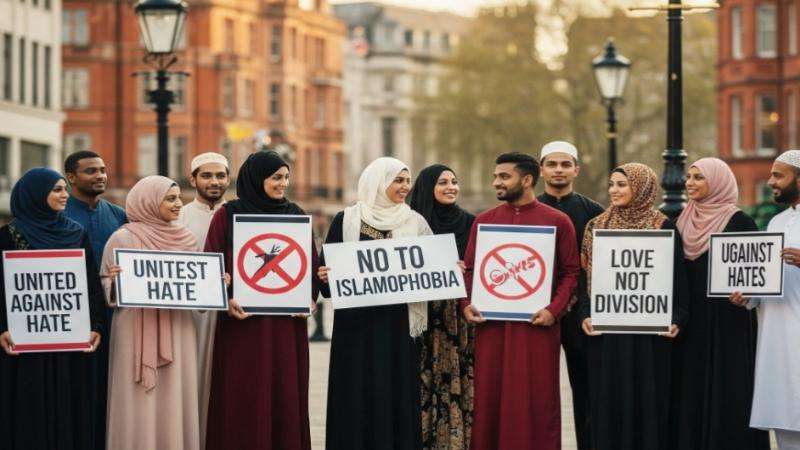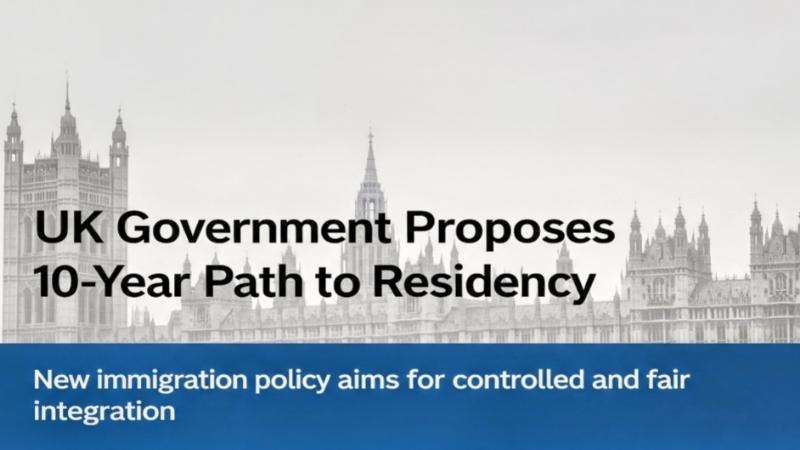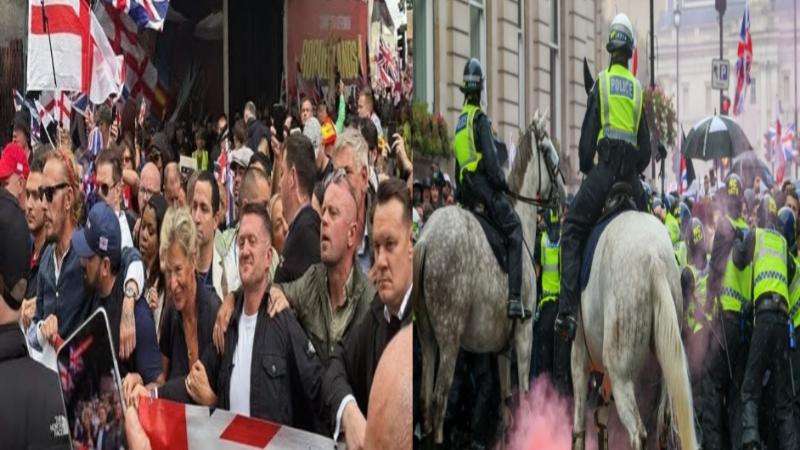London's "Unite the Kingdom" rally, led by far-right activist Tommy Robinson and amplified by Elon Musk's dangerous rhetoric, was more than just a political demonstration; it was a stark and personal threat to Britain's Muslim and ethnic minority communities. While the rally's size—over 100,000 attendees—signals a troubling increase in far-right sentiment, it also presents a critical moment for British Muslims to unite and forge a new path of resistance, Daily Dazzling Dawn realised.There is a threat and reality that if it doesn't unite Muslims, there will be no better days. There is no alternative to unity, regardless of party or opinion. It is important to highlight the truth through the media and encourage our own community media.The challenges facing Muslims in Britain need to be brought to the policy level in a more comprehensive way. For this, the new generation of British-born Muslims must be utilized.
The narrative that British Muslims are a monolithic group is a common misconception, often exploited by those who seek to divide. The reality is that the community is a rich mosaic of ethnicities, cultures, and traditions. For instance, according to the 2021 UK Census, Muslims account for 6% of the total population (just under 4 million people), with the largest ethnic groups being Pakistani (2.7% of the total UK population), Bangladeshi (1.1%), and Indian (3.1%).
This internal diversity, while a source of strength, can also be a point of fragmentation. The news of the rally and the ensuing police clashes, which saw 26 officers injured, serves as a powerful reminder of the urgency for a cohesive, organized response. The rally’s overt anti-immigrant and anti-Muslim message, directly following an increase in religious hate crimes, makes the need for unity more urgent than ever. Home Office data for the year ending March 2024 revealed that religious hate crimes increased by 25% compared to the previous year, with Muslims being the most targeted group, accounting for nearly 40% of all religiously motivated hate crimes.
The current political landscape offers little comfort. With major political parties appearing hesitant to take a strong, visible stance, the call for a separate, independent Muslim organization is gaining momentum. While this might seem like a solution, history teaches us that a fragmented community is a vulnerable community. The events of this weekend underscore that there is no alternative to unity.
Techniques to Survive and Face the Hate-Navigating this climate of heightened hostility requires a multi-faceted approach, combining internal community building with external engagement and activism.
Reclaiming the Narrative: The first step is to challenge the false and dangerous stereotypes promoted by the far-right. The community must take control of its own story. This involves actively highlighting the contributions of British Muslims to society in arts, sciences, business, and public service. By showcasing a positive and accurate image of Muslim life, the community can counter the spread of misinformation.
Building a Coalition: The far-right preys on division. British Muslims must unite not only within their own diverse factions but also build strong alliances with other minority groups and anti-racist organizations. A united front, which includes people from all backgrounds, presents a powerful and undeniable force against hatred. This includes forming partnerships with Jewish, Sikh, Hindu, and other minority communities to demonstrate a shared commitment to a cohesive, inclusive Britain.
Active Citizenship and Political Engagement: While major political parties may be seen as apathetic, this is not a reason to disengage. It is a reason to demand more. British Muslims must increase their participation in the political process, not just as voters, but as candidates, local councillors, and community organizers. This ensures that their voices are heard and their concerns are addressed at every level of government.
Strengthening Community Infrastructure: In the face of increasing threats, the community's infrastructure—mosques, community centers, schools, and youth clubs—must be fortified. These spaces are not just places of worship and education; they are vital hubs of resilience and solidarity. Increased investment in security, legal support, and mental health services will be critical in protecting and empowering community members.
Direct Action and Non-Violent Resistance: Drawing on the legacy of resistance from communities like British Bangladeshis in East London, who fought against racist violence in the 1970s and 80s, direct action is a powerful tool. This can include non-violent protests, boycotts, and legal challenges against hate groups. By taking a proactive stance, the community can demonstrate its strength and unwavering commitment to its place in Britain.
This moment of crisis, catalyzed by the "Unite the Kingdom" rally, is also a moment of opportunity. The threat is clear, but so is the path forward: through unity, resilience, and a proactive fight for a better future. The survival and thriving of British Muslims depend on their ability to come together and face this challenge as one.







.svg)
